Nursing and midwifery both featured in Parliament last week.
Last Wednesday the First Minister of Scotland, Nicola Sturgeon, announced an increase in bursaries (to £10,000) for Scottish student midwives and nurses to help cover accommodation and living expenses.
The Royal College of Midwives Scotland Director, Mary Ross Davie, commented: “This is great news and a forward thinking and important announcement…Let us not forget that in England student midwives and nurses do not get any bursary at all, which makes this increase for Scotland even more progressive. This also comes on the back of the best pay award for NHS midwives and nurses in the UK, another important step to ensuring we retain the midwives we have…I would urge the government in England to rethink their decision to take away bursaries in England.”
Suzanne Tyler, Executive Director for Services to Members at the Royal College of Midwives, responded to the announcement: “The announcement is simply great news for student midwives in Scotland…It frankly should shame the Government in England who have taken away bursaries for England’s student midwives, who also have to pay tuition fees. This leaves them tens of thousands of pounds in debt when they qualify.
This is even more worrying given the large shortage of midwives in England, and sits at odds with the Government’s commitment to bring 3000 more midwives into the NHS in England. The RCM [Royal College of Midwives] repeats its call for this Government to give our student midwives and nurses their bursaries back. So that we can attract people into the profession and so that the Government can meet their promise of 3000 more midwives for England.”
There were also two relevant parliamentary questions:
Q – Paula Sherriff: To ask the Secretary of State for Education, how many mental health nursing students have started degree apprenticeships in the 2018-19 academic year.
A – Anne Milton: In the 2017/18 academic year reported to date (from August 2017 to April 2018), 260 apprenticeship starts were recorded for the standard ‘Registered Nurse’. This is the level 6 degree apprenticeship approved for delivery on 9 May 2017. Mental health nursing remains an optional element within the nursing apprenticeships.
Additionally, there have been 640 apprenticeship starts reported to date (from August 2017 to April 2018) for the standard ‘Nursing Associate’ (level 5 apprenticeship standard, approved for delivery on 20 November 2017; note that we class apprenticeships at level 6 and above as ‘degree-level’). There were no starts on these standards in the 2016/17 academic year. Full final year data for the 2017/18 academic year will be available in November 2018 and data covering 2018/19 will be available in January 2019.
In England, there have been 64,830 apprenticeship starts in the Health, Public Services and Care sector subject area reported to date in the first three quarters of the 2017/18 academic year (August 2017 to April 2018). This data can be accessed at the following link: https://www.gov.uk/government/collections/further-education-and-skills-statistical-first-release-sfr .
We want to increase the number of nursing apprenticeships and now have a complete apprentice pathway from entry level to postgraduate advanced clinical practice in nursing. This will support people from all backgrounds to enter a nursing career in the National Health Service (NHS).
We are working closely with employers, Health Education England and ministers in the Department of Health and Social Care to make sure the NHS is fully supported to recruit apprentices, both in nursing and in a range of various occupations.
Q – Paula Sherriff: To ask the Secretary of State for Health and Social Care, how many students started mental health nursing degree courses in the 2018-19 academic year.
A – Matt Hancock: The Universities and Colleges Admissions Service (UCAS) collect data on acceptances to mental health nursing degree courses.
Acceptances for 2018/19 entry can still be made until the end of clearing on 23 October 2018.
The final number of acceptances for mental health nursing degree courses for 2018/19 will be available following the publication of end of cycle data by UCAS in December 2018.
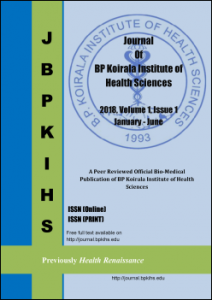
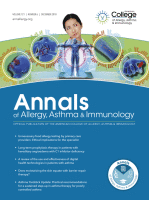



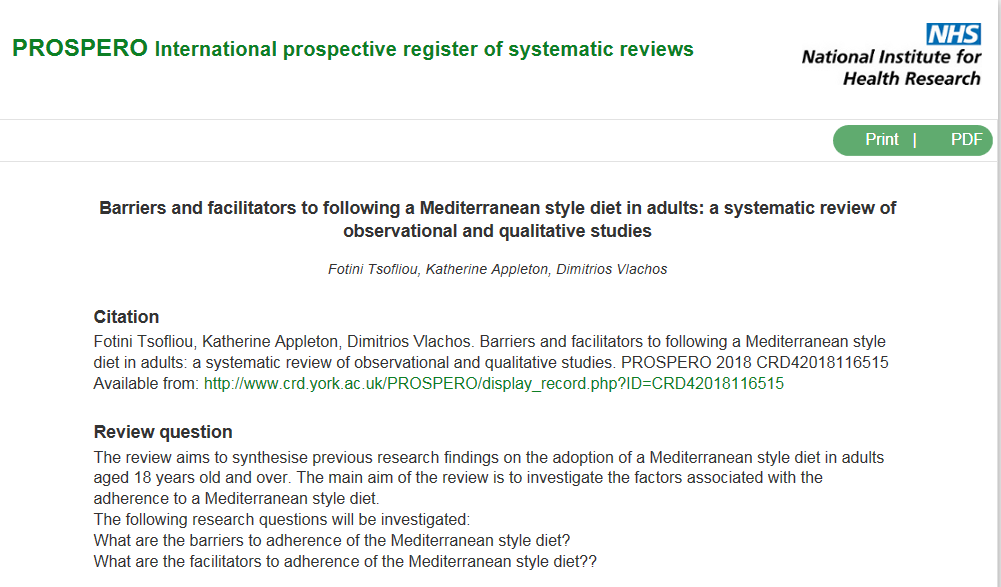

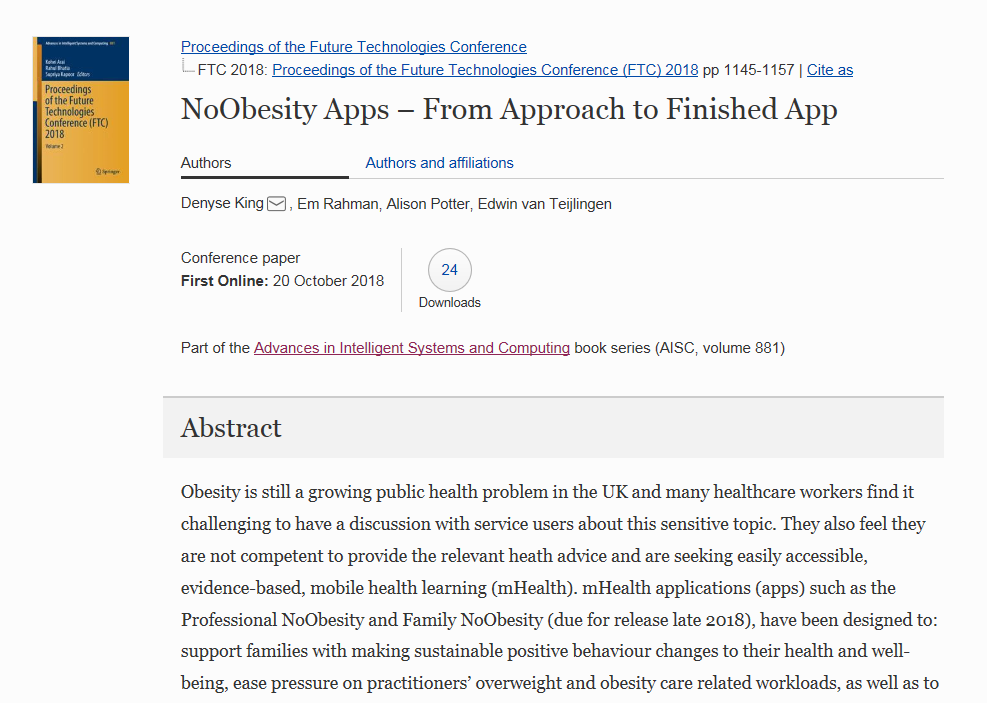

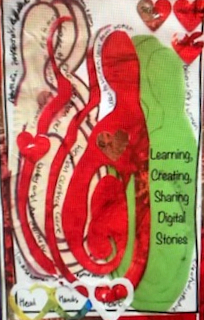 “Creating and sharing stories:
“Creating and sharing stories: 
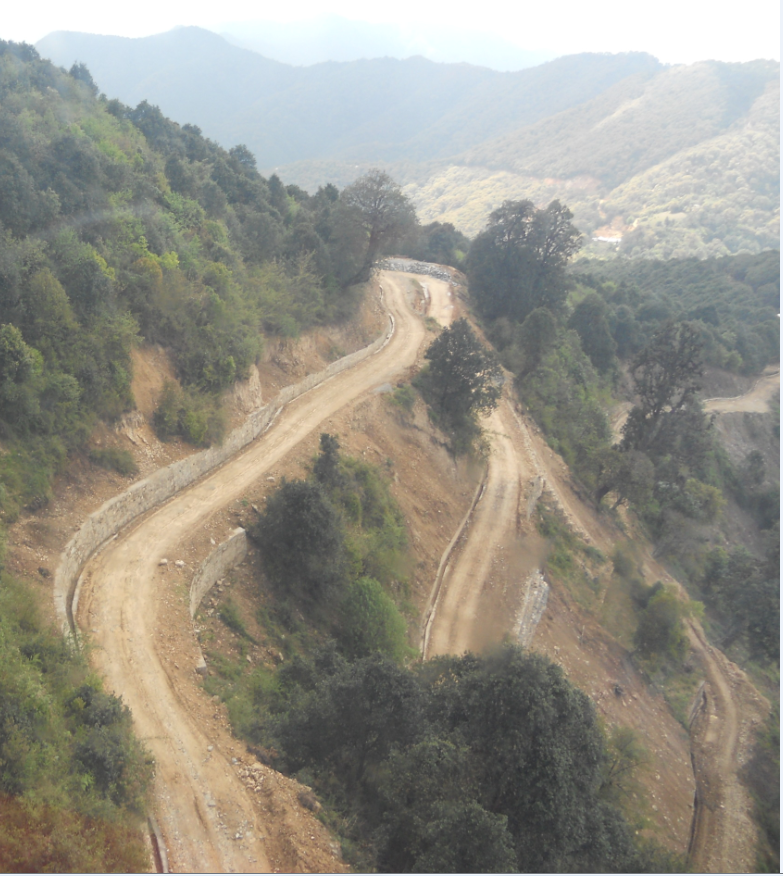
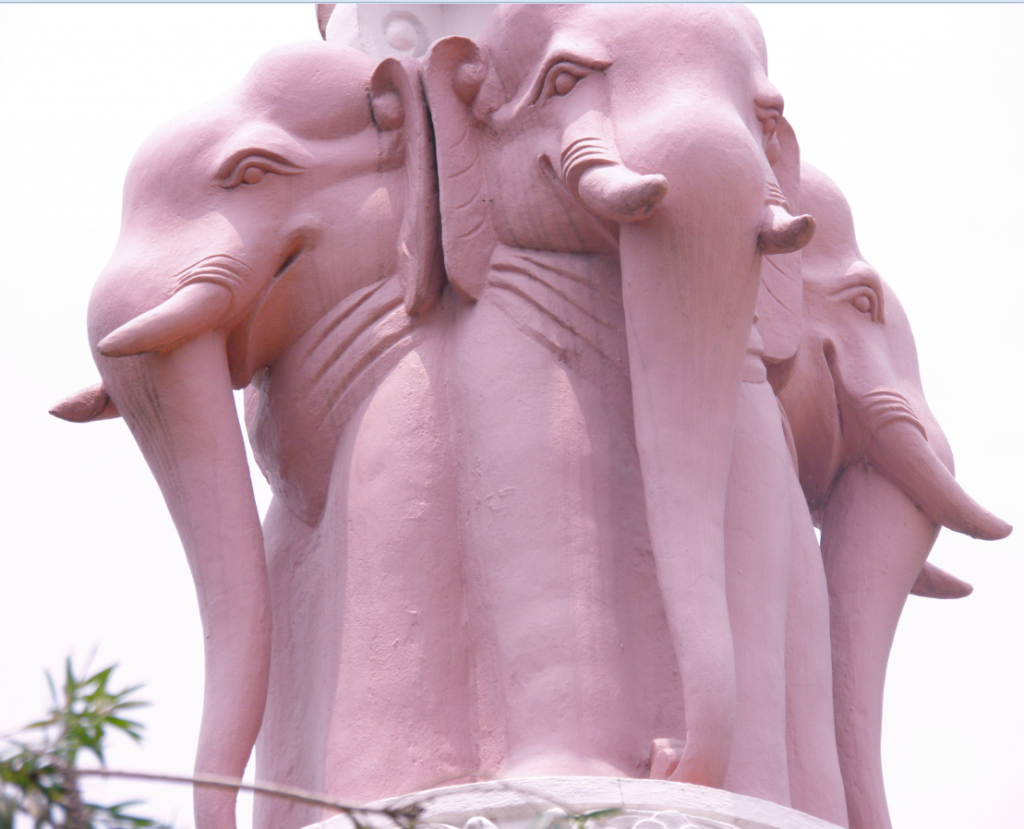

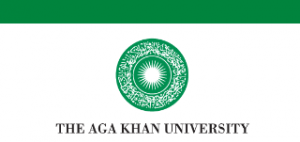
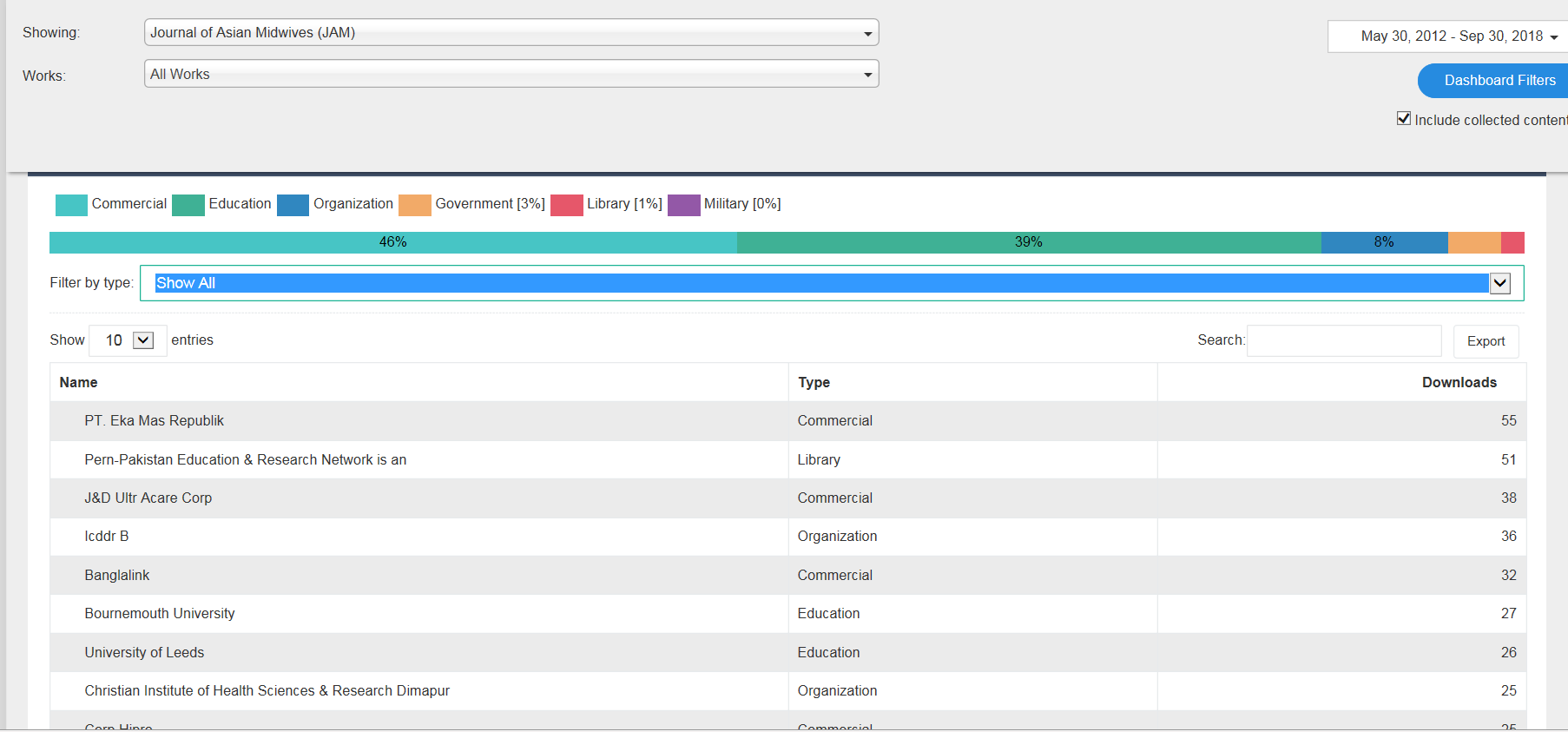
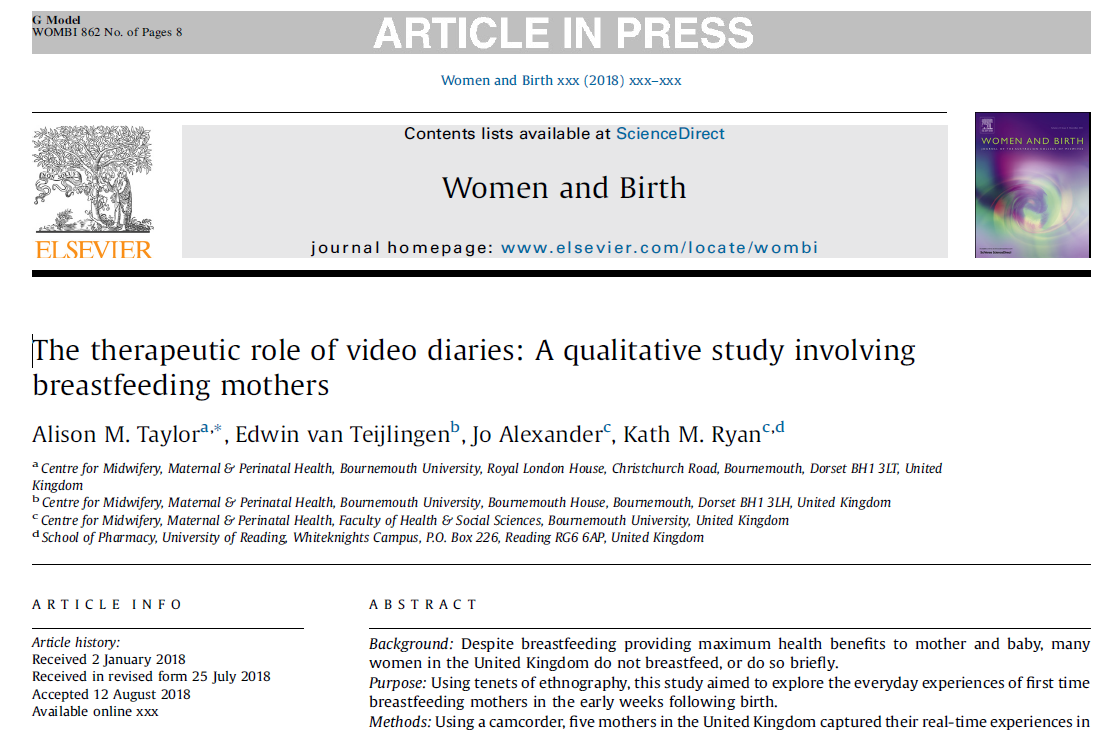
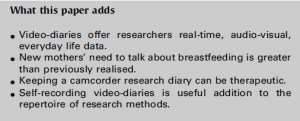

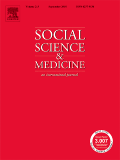

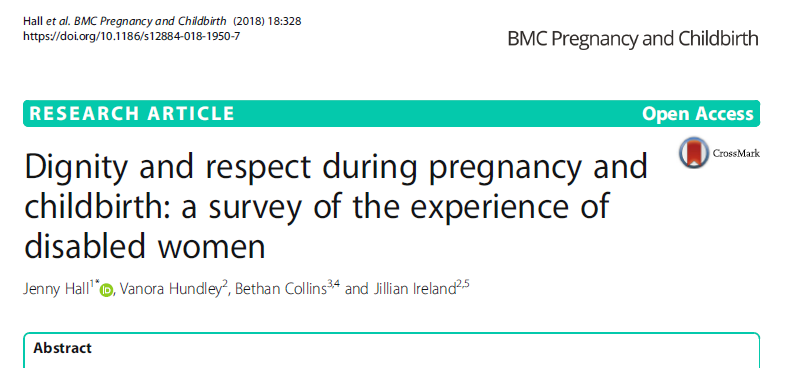

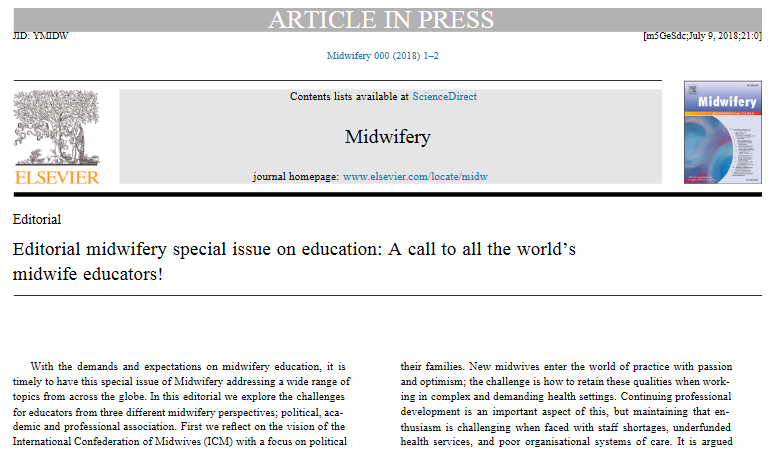












 Beyond Academia: Exploring Career Options for Early Career Researchers – Online Workshop
Beyond Academia: Exploring Career Options for Early Career Researchers – Online Workshop UKCGE Recognised Research Supervision Programme: Deadline Approaching
UKCGE Recognised Research Supervision Programme: Deadline Approaching SPROUT: From Sustainable Research to Sustainable Research Lives
SPROUT: From Sustainable Research to Sustainable Research Lives BRIAN upgrade and new look
BRIAN upgrade and new look Seeing the fruits of your labour in Bangladesh
Seeing the fruits of your labour in Bangladesh ECR Funding Open Call: Research Culture & Community Grant – Apply now
ECR Funding Open Call: Research Culture & Community Grant – Apply now ECR Funding Open Call: Research Culture & Community Grant – Application Deadline Friday 12 December
ECR Funding Open Call: Research Culture & Community Grant – Application Deadline Friday 12 December MSCA Postdoctoral Fellowships 2025 Call
MSCA Postdoctoral Fellowships 2025 Call ERC Advanced Grant 2025 Webinar
ERC Advanced Grant 2025 Webinar Update on UKRO services
Update on UKRO services European research project exploring use of ‘virtual twins’ to better manage metabolic associated fatty liver disease
European research project exploring use of ‘virtual twins’ to better manage metabolic associated fatty liver disease